The term "teddy bear dog" encapsulates a range of breeds known for their plush, toy-like appearance and affectionate temperament easy to train. These small to medium-sized dogs often feature fluffy coats and endearing facial characteristics that resemble the classic stuffed teddy bear, hence the name. Teddy Bear Dog Breeds typically considered to encompass this category include tdhe Zuchon or Shichon (a Shih Tzu and Bichon Frise mix), the Maltipoo (a Maltese and Poodle mix), and the Snoodle (a Schnauzer and Poodle mix), among others.
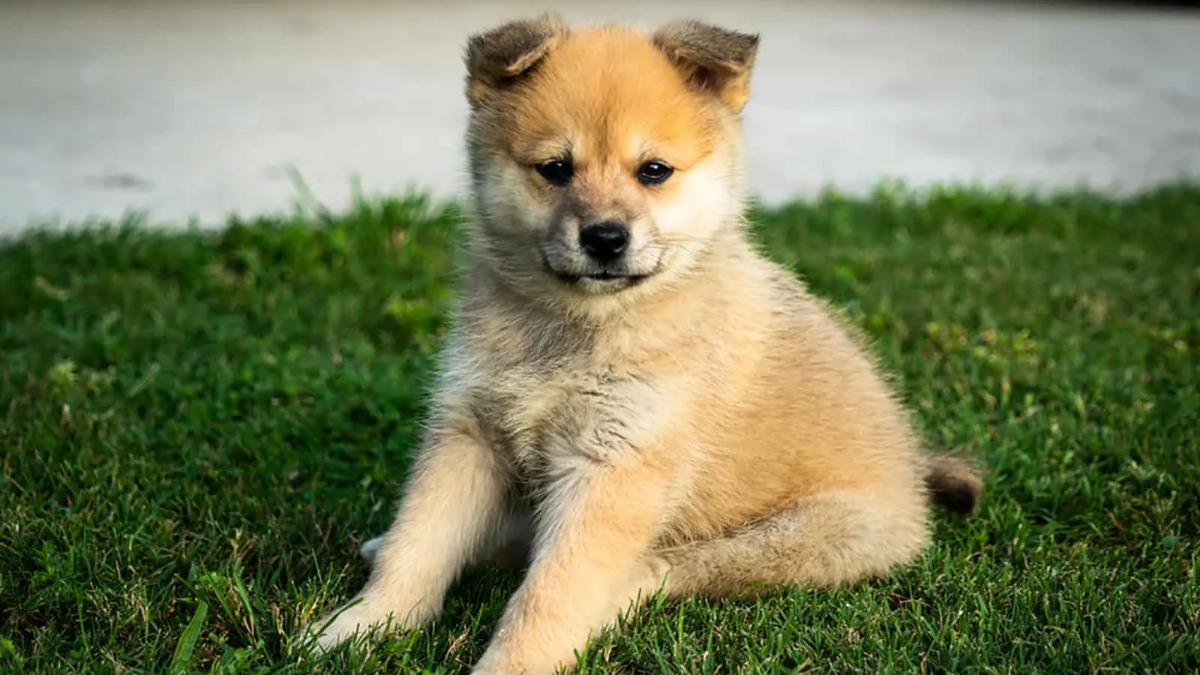
These dogs are bred for companionship, making them well-suited for a variety of owners, from families with children to the elderly. They are recognized for their soft, hypoallergenic fur, which is a significant factor for those with allergies. Socialization and training are important for teddy bear dogs, as their intelligence and eagerness to please make them quick learners.
The adaptability of teddy bear dogs allows them to thrive in diverse living environments, whether it is a large house with a yard or a small city apartment. Their energy levels are moderate, and they require regular exercise to maintain their health and happiness. The loyal nature of these dogs creates strong bonds with their owners, making them a popular choice for those seeking a new furry friend.
Origins and Breeds
The teddy bear dog is not a single breed but rather a collection of breeds and hybrids known for their soft, plush coats and affectionate nature. These dogs are generally small in size and have an endearing appearance that resembles a teddy bear.

History and Development
Teddy bear dogs have gained popularity in recent years as a result of deliberate crossbreeding of purebred toy breeds and small-sized dogs with the aim of creating affectionate, low-shedding pets. These designer dogs often inherit the best qualities from their parent breeds, such as the hypoallergenic fur of the Poodle or the gentle disposition of the Shih Tzu.
Notable Breeds in the Development of Teddy Bear Dogs:
- Shih Tzu: An ancient breed that has played a significant role in creating the teddy bear dog's lovable demeanor.
- Bichon Frise: Valued for its fluffy coat and friendly personality, contributing to the "teddy bear" look.
- Bears: Both Miniature Poodles and Toy Poodles are important for their intelligence and hypoallergenic coats.
Popular Teddy Bear Dog Breeds
The term "teddy bear dog" encompasses a range of breeds and crossbreeds. Each brings its unique characteristics to the mix, often aiming to create a companion dog with a soft coat, appealing aesthetics, and a friendly temperament.
Key Teddy Bear Dog Breeds and Hybrids:
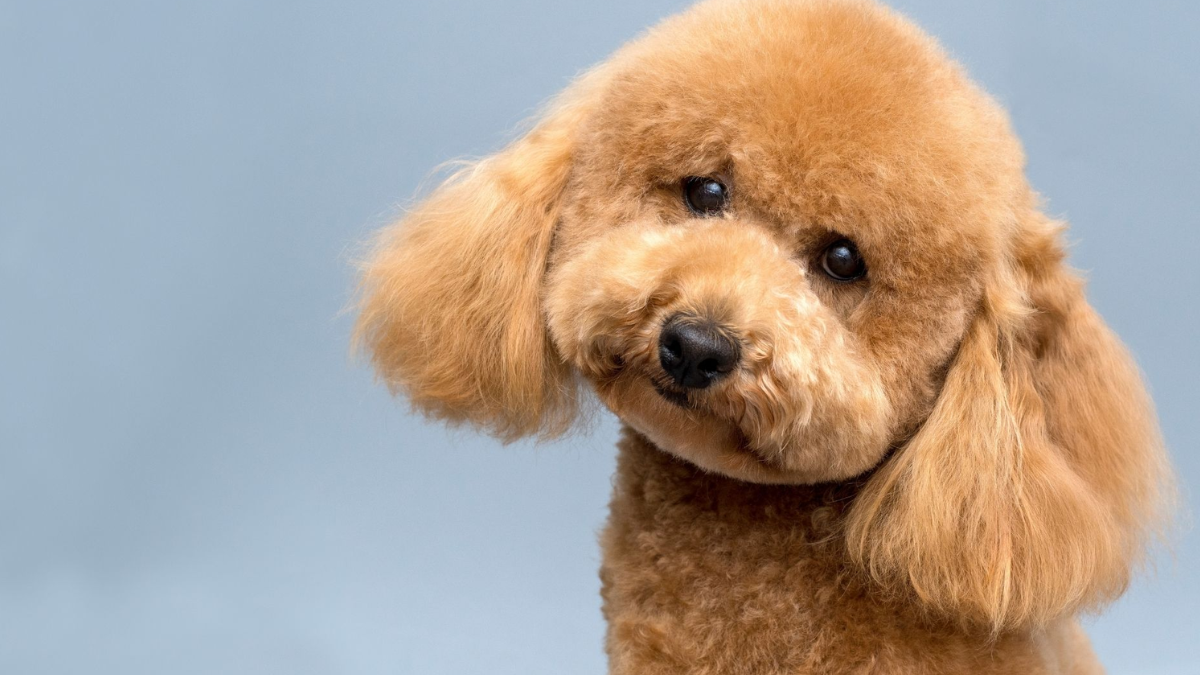
- Cavapoo: A cross between a Cavalier King Charles Spaniel and a Poodle, known for its friendly and sociable nature.
- Maltipoo: A Maltese and Poodle hybrid prized for its affectionate character and cuddly appearance.
- Zuchon/Shichon: A mix of Shih Tzu and Bichon Frise, combining the traits of both breeds to enhance the teddy bear's appearance.
- Cockapoo: ThisC ocker Spaniel and Poodle crossbreed typically features the soft curls and friendly nature characteristic of teddy bear dogs.
- Goldendoodle: A blend of Golden Retriever and Poodle, offering the retriever's friendly temperament with the poodle's coat qualities.
Other breeds, such as Yorkshire Terriers, Pomeranians, and Chihuahuas, have also been crossed with the aforementioned breeds to produce a variety of teddy bear dog hybrids such as the Pomchi, Yorkiepoo, and Shorkie. Each breed contributes distinctive traits, such as the size of the Yorkshire Terrier or the luxurious fur of the Pomeranian, further diversifying the types of teddy bear dogs available.
Physical Characteristics
Teddy bear dogs are known for their endearing look and plush-like coat, which have garnered them their nickname. These canines generally exhibit a small stature with soft, fluffy fur that resembles a child's stuffed animal. Their physical characteristics bring together a combination of features from their parent breeds, giving each teddy bear dog its unique appeal.
Size and Coat
The size of teddy bear dogs typically ranges from small to toy breed sizes, usually weighing between 5 to 20 pounds and standing at around 8 to 12 inches tall at the shoulder. Their coat can vary in texture but is often characterized by its fluffy nature. Many teddy bear dogs have a double coat, with a softer, denser undercoat and a longer outer coat, giving them a fluffy appearance. The texture of the coat is generally soft, making them highly cuddly.
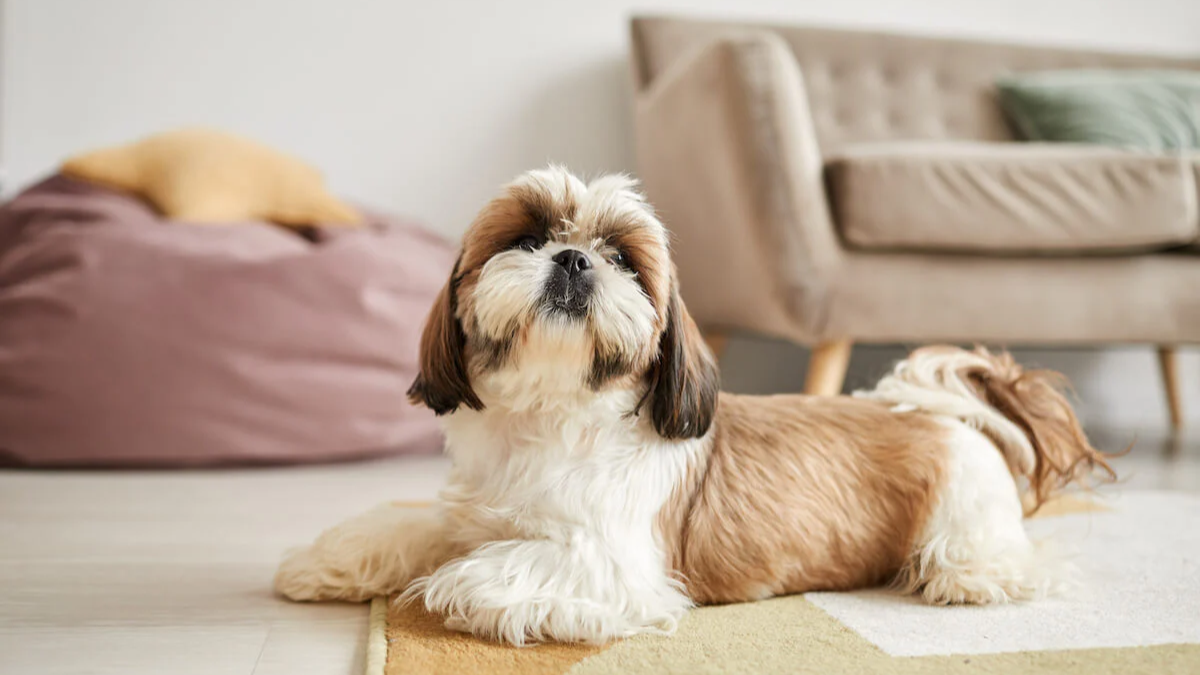
- Coat Types:
- Straight
- Wavy
- Curly
- Shedding and Allergies:
- Some teddy bear dogs are low-shedding.
- Certain breeds are considered to be hypoallergenic, a beneficial trait for allergy sufferers.
Color and Appearance
Teddy bear dogs boast a variety of colors and markings, reflective of the diverse breeds that can contribute to the teddy bear mix. Common colors include white, black, brown, and combinations thereof. The overall appearance of a teddy bear dog is designed to mirror that of a toy, often with large expressive eyes and a button nose contributing to their appealing look.
- Common Colors:
- White
- Black
- Brown
- Bicolor combinations (e.g., black and white)
Their faces usually reveal a friendly and inviting expression, often enhanced by their rounded ears and fluffy facial fur. Teddy bear dogs' coats can vary considerably from one individual to another” a direct reflection of their mixed heritage.
Care and Management
Proper care and management of a Teddy Bear dog is essential for their well-being, taking into account their exercise needs, grooming, health, and training aspects to maintain their temperament and health.
Exercise and Training
Exercise Requirements:
- Daily Walks: A Teddy Bear dog requires at least 30 minutes of walking each day to manage their energy levels.
- Playtime: Engaging in indoor or outdoor play sessions helps to stimulate their intelligent minds.
Training:
- Easy to Train: Their intelligent nature makes them highly responsive to training.
- Crate Training: Helpful for preventing separation anxiety, which can be common.
- Adaptability: They adapt well to positive reinforcement techniques.
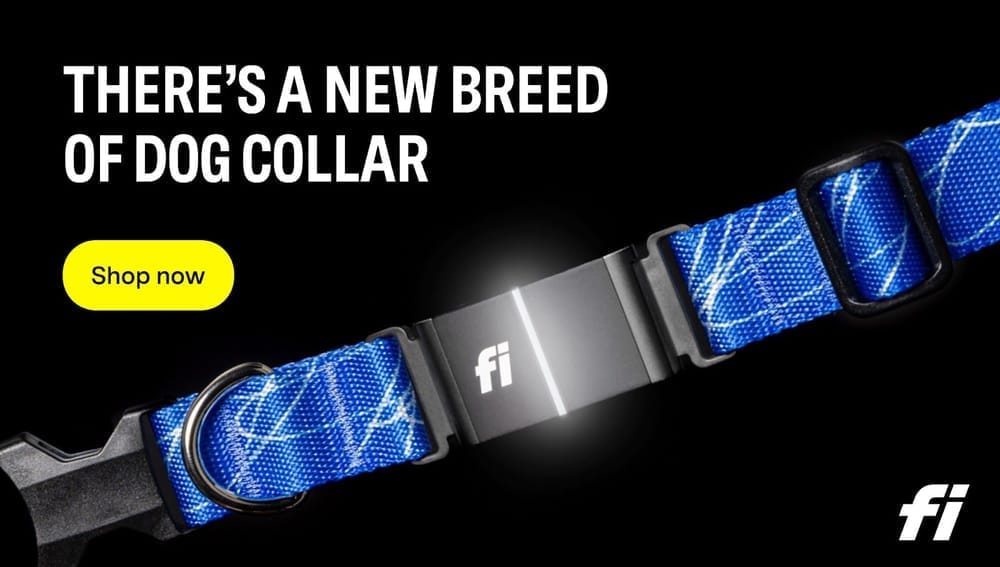
Grooming and Health Care
Grooming:
- Regular Brushing: Brush their coat 2-3 times a week to prevent matting.
- Bathing: Bathe them as needed but not too frequently to avoid skin irritation.
Health Care:
- Veterinary Check-ups: Regular check-ups can help in early detection of health problems, including hip dysplasia.
- Life Expectancy: With proper care, they can enjoy a life expectancy of 12-16 years.
- Diet and Nutrition: Ensure a balanced diet to support their health and energy levels.
Temperament and Social Traits
The teddy bear dog is renowned for its affectionate nature and adaptability to various family environments, making it an excellent companion for both individual owners and families.
Teddy bear dogs, which include breeds like the Shih Tzu and Bichon Frise, are particularly well-suited to various living environments. Their small size allows them to thrive in both apartments and larger homes, adapting easily to their surroundings. According to the American Kennel Club (AKC), these dogs are known for their friendly and sociable nature, often forming strong bonds with their owners.
The teddy bear dog's affectionate behavior makes it an excellent choice for families with children. The American Society for the Prevention of Cruelty to Animals (ASPCA) notes that their gentle and loving demeanor helps them integrate well into family life. They are also known to get along well with other pets, reflecting their adaptable nature.
In terms of training, teddy bear dogs are generally eager to please, making them relatively easy to train. This trait is highlighted by Petfinder, which emphasizes their responsiveness to positive reinforcement. Their adaptable nature also makes them suitable for first-time dog owners. Overall, the teddy bear dog's combination of affection and versatility contributes to its widespread popularity as a family companion.
Personality and Behavior
Teddy bear dogs typically exhibit a warm personality with an intelligent and cuddly easy to train due to their eagerness to please, which helps mitigate issues like barking and stubbornness.
- Family Compatibility: Highly family-friendly, these dogs are good with children and exhibit loyalty and friendliness that make them ideal family pet.
- Behavioral Traits: While they are generally quiet, they can develop separation anxiety if left alone for long periods.
- Exercise Needs: They are energetic but their exercise needs can be met with regular playtime, suitable for apartment life.
Family Compatibility and Socialization
Teddy bear dogs thrive in a family setting and can be excellent therapy dogs given their gentle nature.
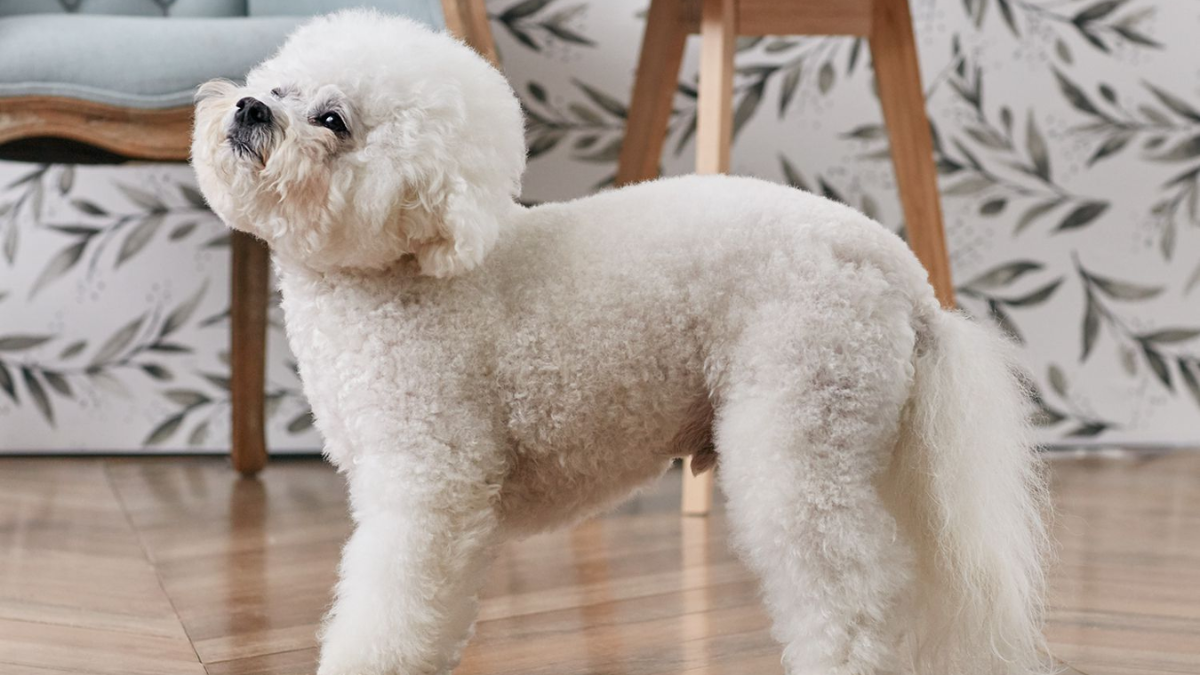
- Socialization: Early socialization is crucial to help them become well-adjusted pets.
- Interactions with Kids: They are naturally good with children, showcasing a friendly demeanor that combines playfulness with gentleness.
- Allergies and Hypoallergenic Traits: Often chosen by families with allergies, these dogs are considered hypoallergenic, though individual sensitivities can vary.
- Adoption Opportunities: Prospective pet owners can consider adoption from rescue groups or local animal shelters. Platforms like Petfinder may assist in finding the right pet match.
Teddy bear dogs fit well in various living situations and have an amiable disposition that suits an interactive family life.
Conclusion:
In conclusion, it's clear that Teddy Bear Dog Breeds are more than just cute faces—they're loving, loyal companions that add immense joy to our lives. Whether you're smitten with a Zuchon, Maltipoo, Snoodle, or any other breed in this category, these furry pals offer endless cuddles and unwavering affection. With their charming personalities and fluffy coats, they truly bring the magic of a cherished teddy bear to life. So, if you're seeking a forever friend that melts hearts and spreads happiness, look no further than these delightful Teddy Bear Dog Breeds.

